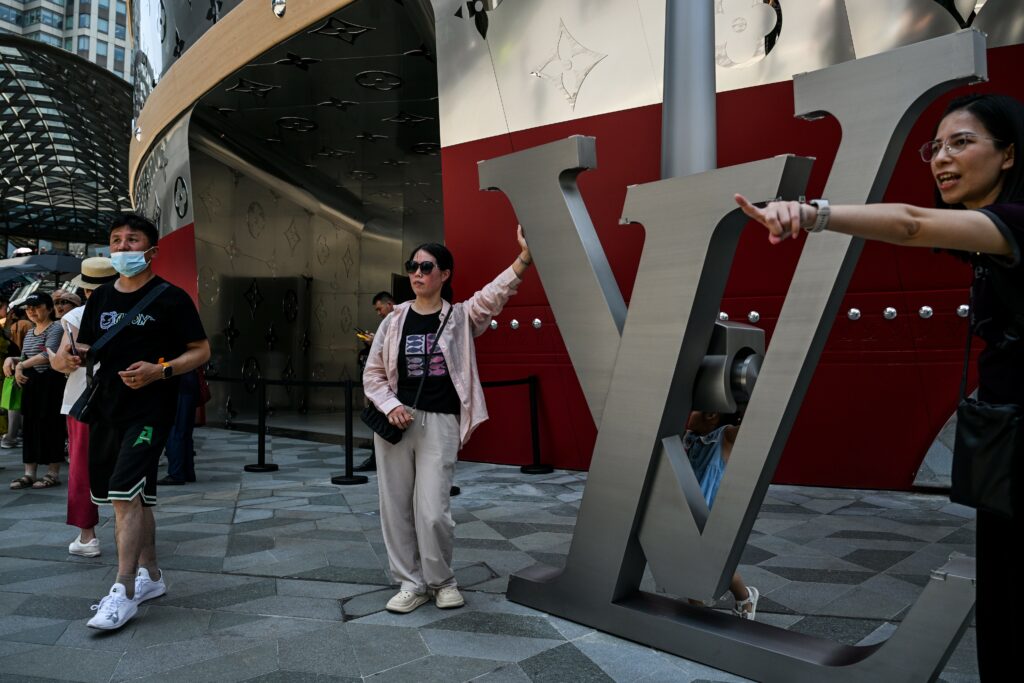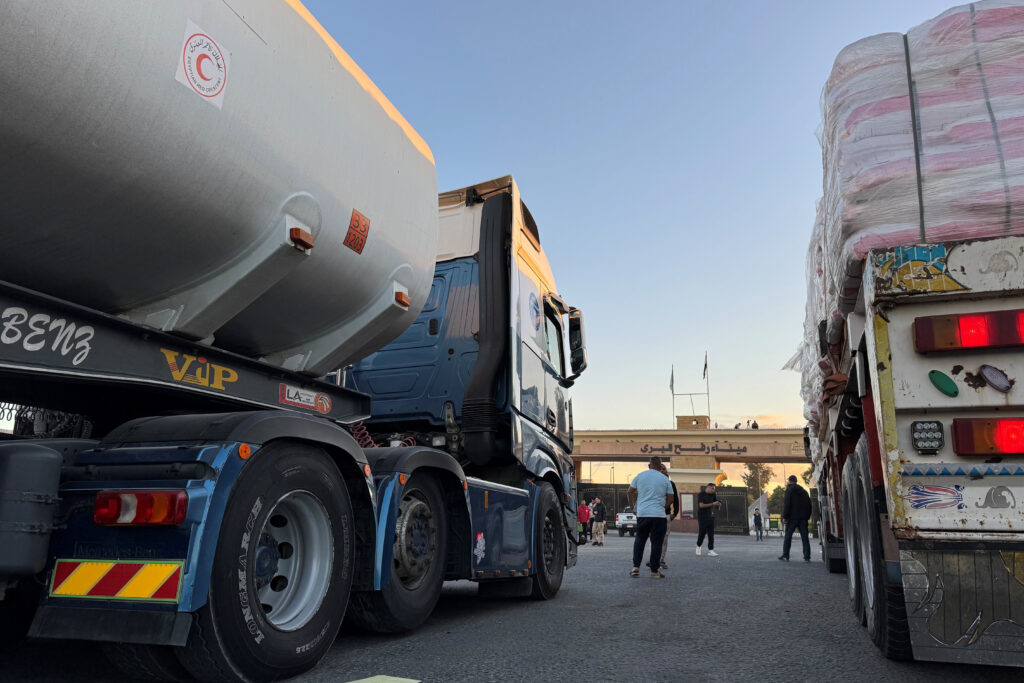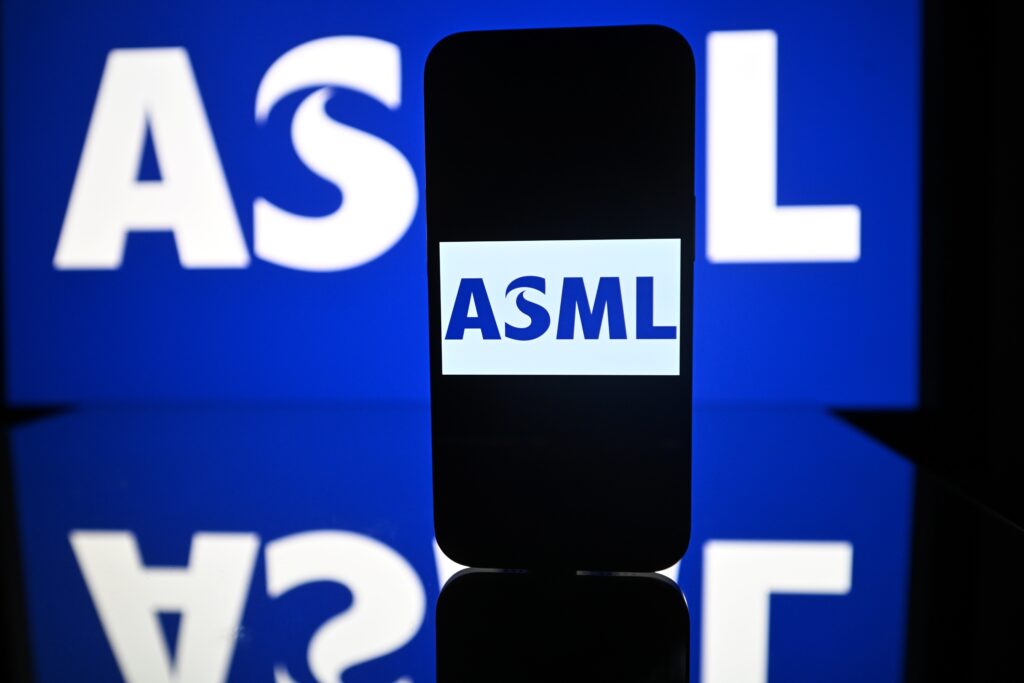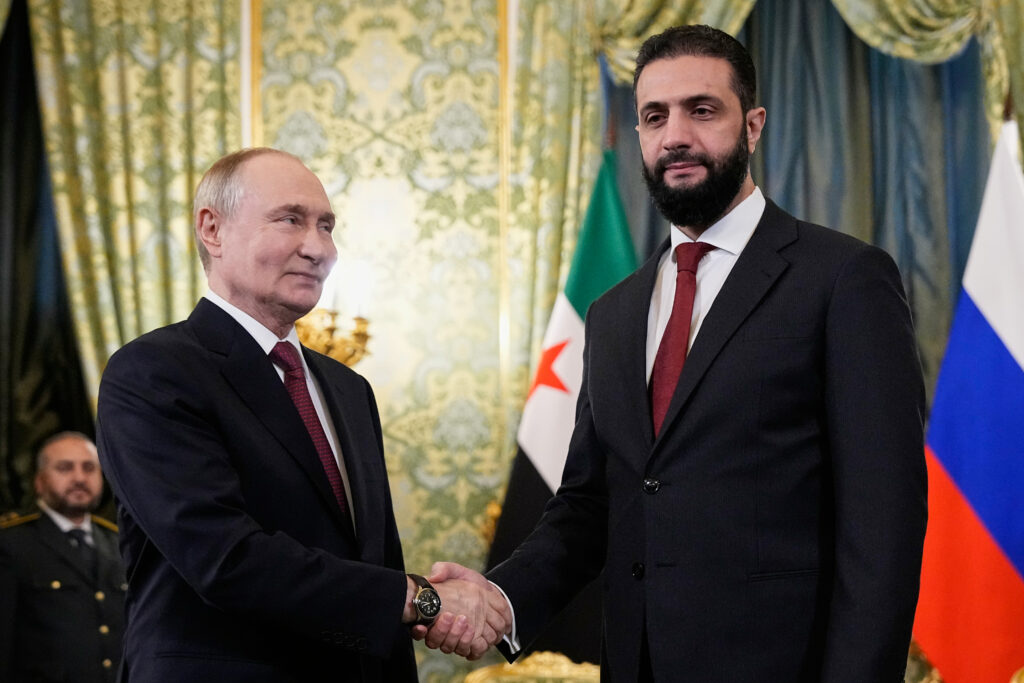Pope Leo XIV will carry a message of peace to Lebanon and the Christians of the Middle East when he visits next month, Maronite Patriarch Beshara Rai told AFP on Wednesday.The Vatican said last week that Pope Leo will travel to Turkey and Lebanon in a six-day trip beginning late November, his first since becoming head of the Catholic Church.Rai, who heads the Maronite Church, religiously diverse Lebanon’s most influential Christian sect, hailed the pontiff’s visit at a time of truce in the conflict between Israel and Lebanon, as well as the war in Gaza.In an interview with AFP from the Maronite Patriarchate headquarters in Bkerke, north of Beirut, Rai said that the US-born pope “will bring peace and hope to Lebanon during his visit”.”He comes at a time when the war in Gaza has ceased… and we are living in Lebanon under a ceasefire, despite violations occurring,” he added.After more than a year of hostilities between Israel and the Iran-backed Hezbollah Islamist group, a ceasefire agreement was signed in November.The truce remains in effect despite Israel carrying out near-daily strikes on Lebanon, claiming to target Hezbollah members and infrastructure.A few days ago, a ceasefire also came into effect in the Gaza Strip after a devastating two-year war between the Palestinian militant group Hamas and Israel.”I believe that during this visit, he will focus on peace, and he will ask Lebanon to continue on its path toward peace,” said Rai, whose Church is in full communion with Rome. – ‘Preserve Lebanon’ -The latest conflict killed more than 4,000 people in Lebanon and devastated Beirut’s southern suburbs and the country’s south and east, areas where Hezbollah holds sway.Last week, Pope Leo said that his trip to Lebanon from November 30 to December 2 presents “the opportunity to announce once again the message of peace… in a country that has also suffered so much”.Rai, who has long called for Lebanon to be kept out of regional conflicts, stated that he believes the visit “will remind all Lebanese, Christians and Muslims alike, of their responsibility to preserve Lebanon”.”The value of Lebanon lies in the fact that each of its groups maintains its role and identity. Coexistence means that Christians have their identity and Muslims have theirs. The pope does not come to say, ‘abandon your identity’, but rather, ‘Live your identity’,” he added.”This is how the Vatican understands Lebanon, with its cultural and religious pluralism.”Pope Leo XIV is the third pontiff to visit Lebanon, after John Paul II in 1997 and Benedict XVI in 2012, who received a tremendous popular reception.His trip comes in the wake of a series of crises that have ravaged Lebanon, from a crushing economic crisis that began in 2019, to the horrific port explosion the following summer, to the recent war.”The visit is a great relief for Christians in Lebanon,” Rai said, as well as for “Christians in Syria, Iraq, Iran, and the Holy Land”, who have gone through wars, conflicts, and waves of displacement.






